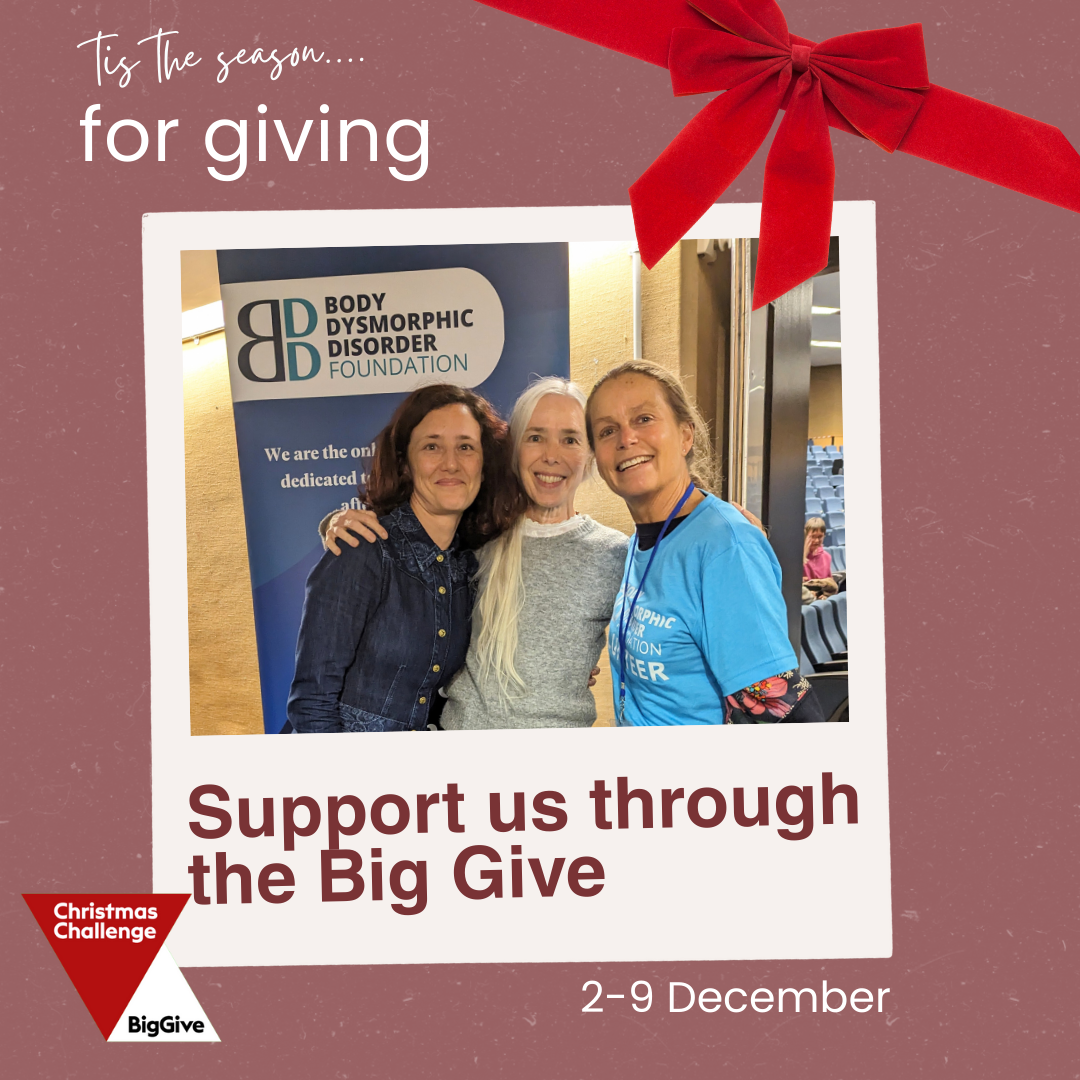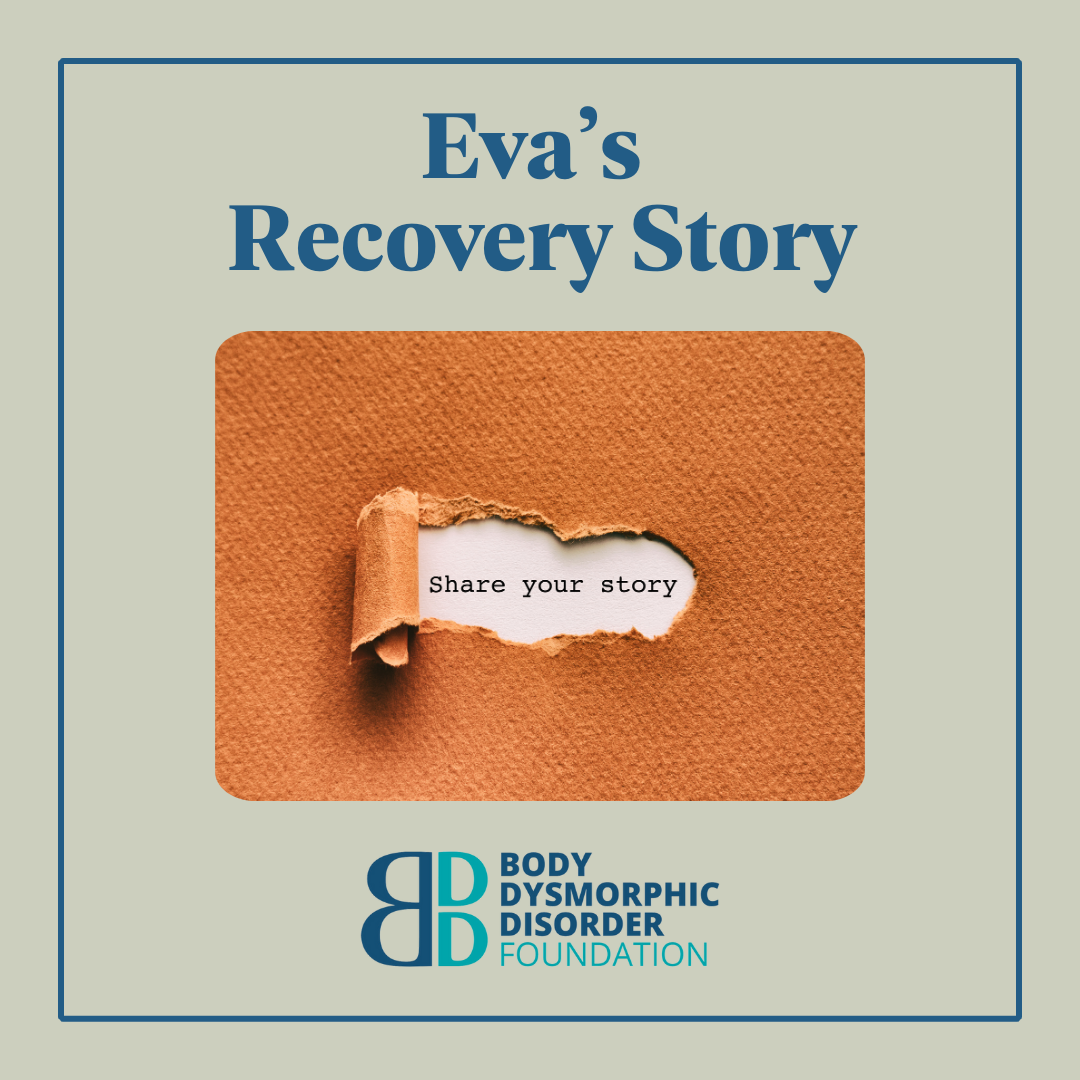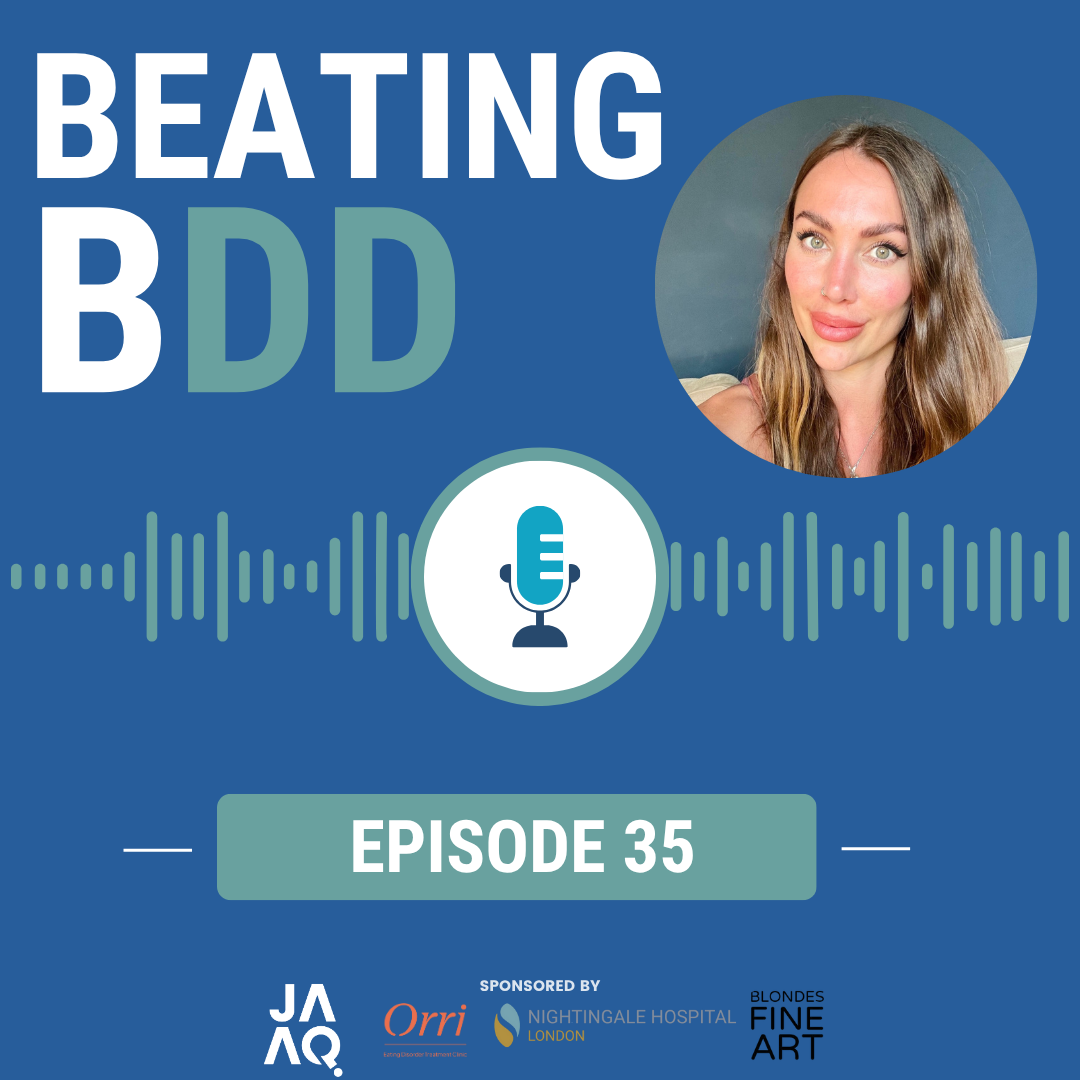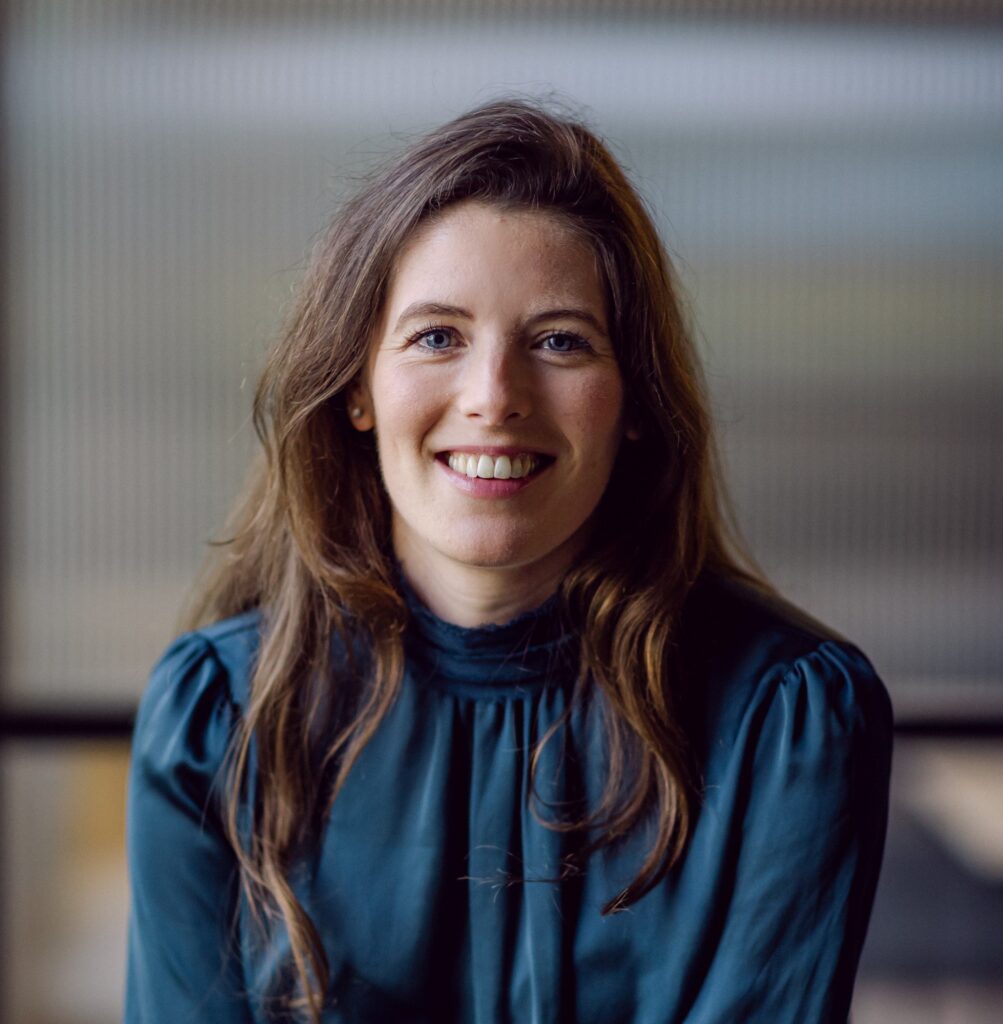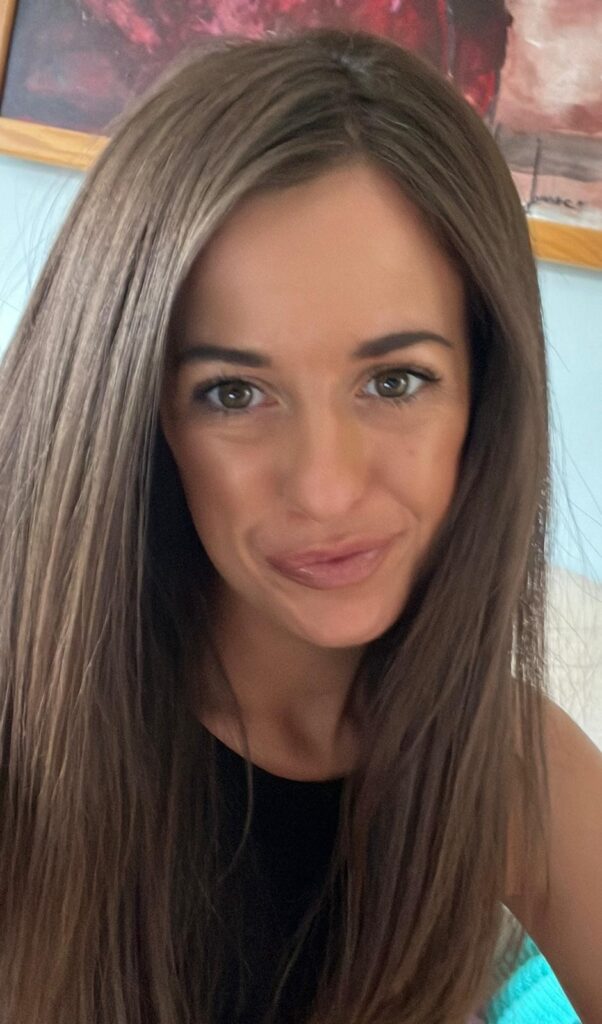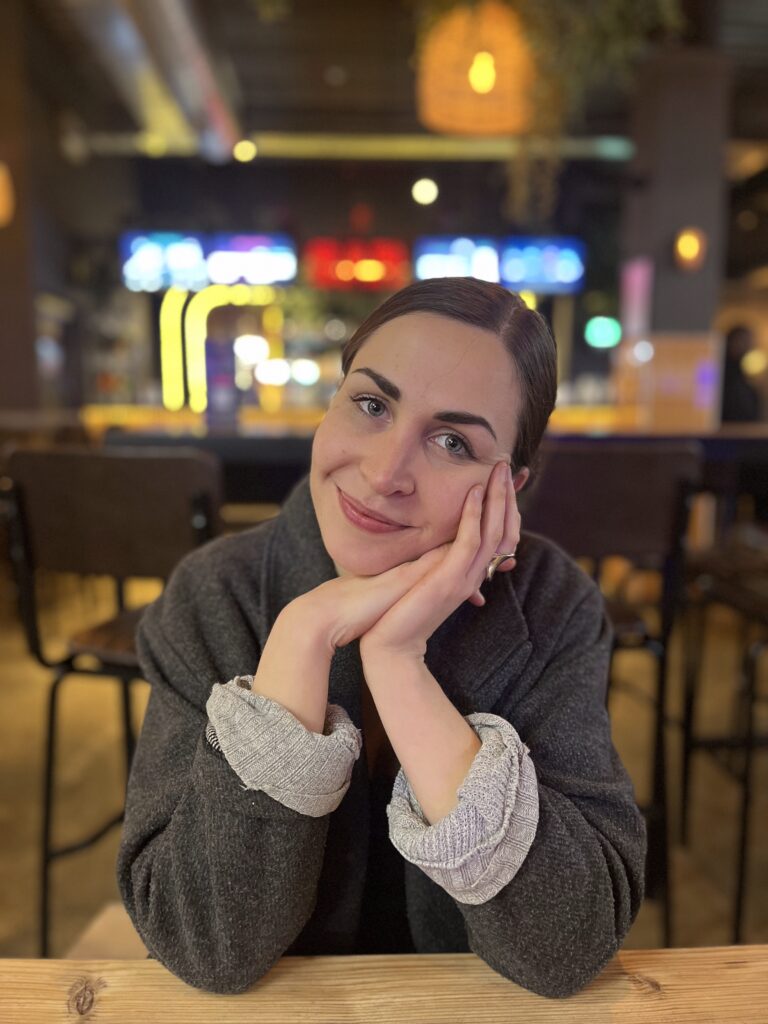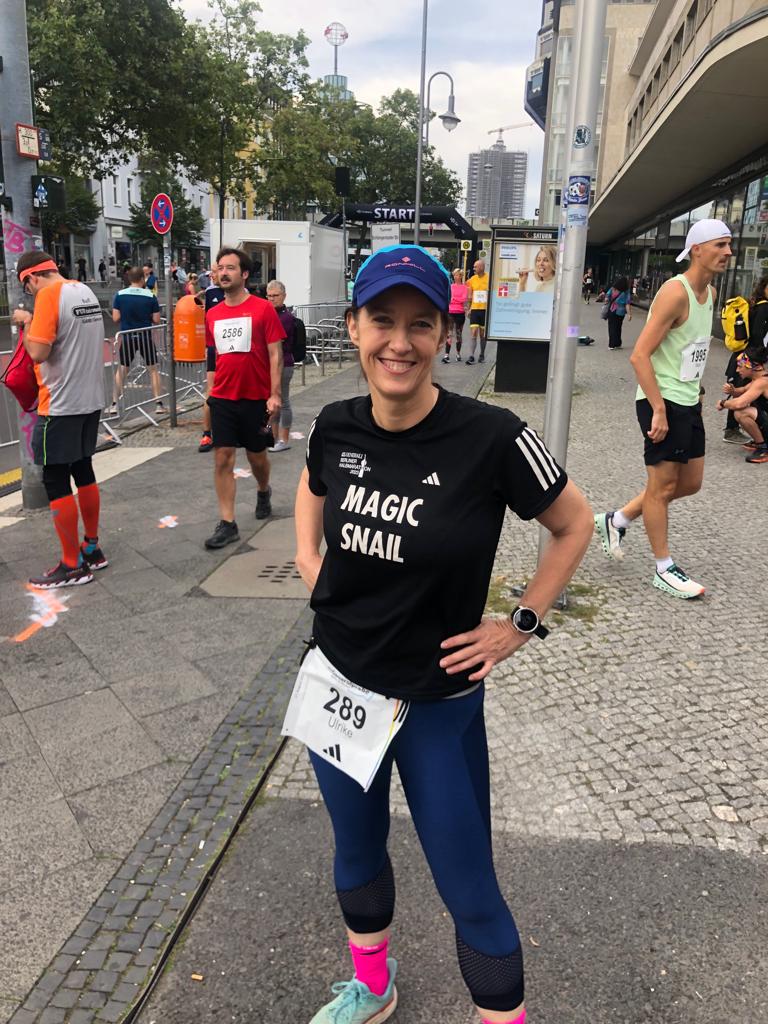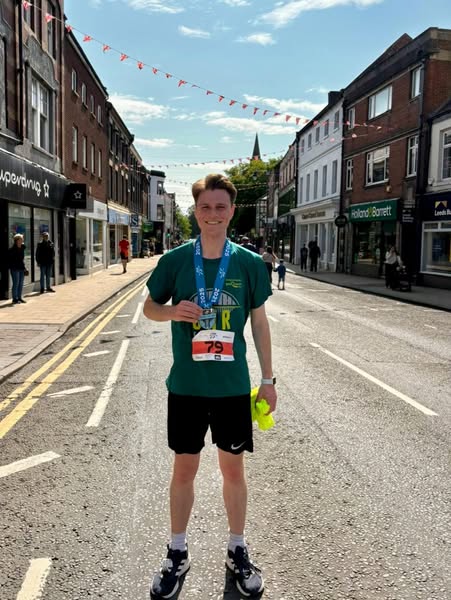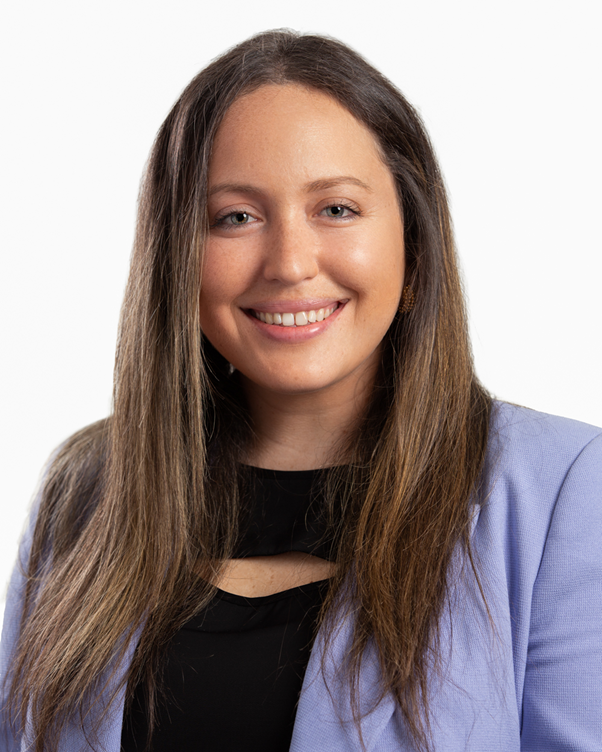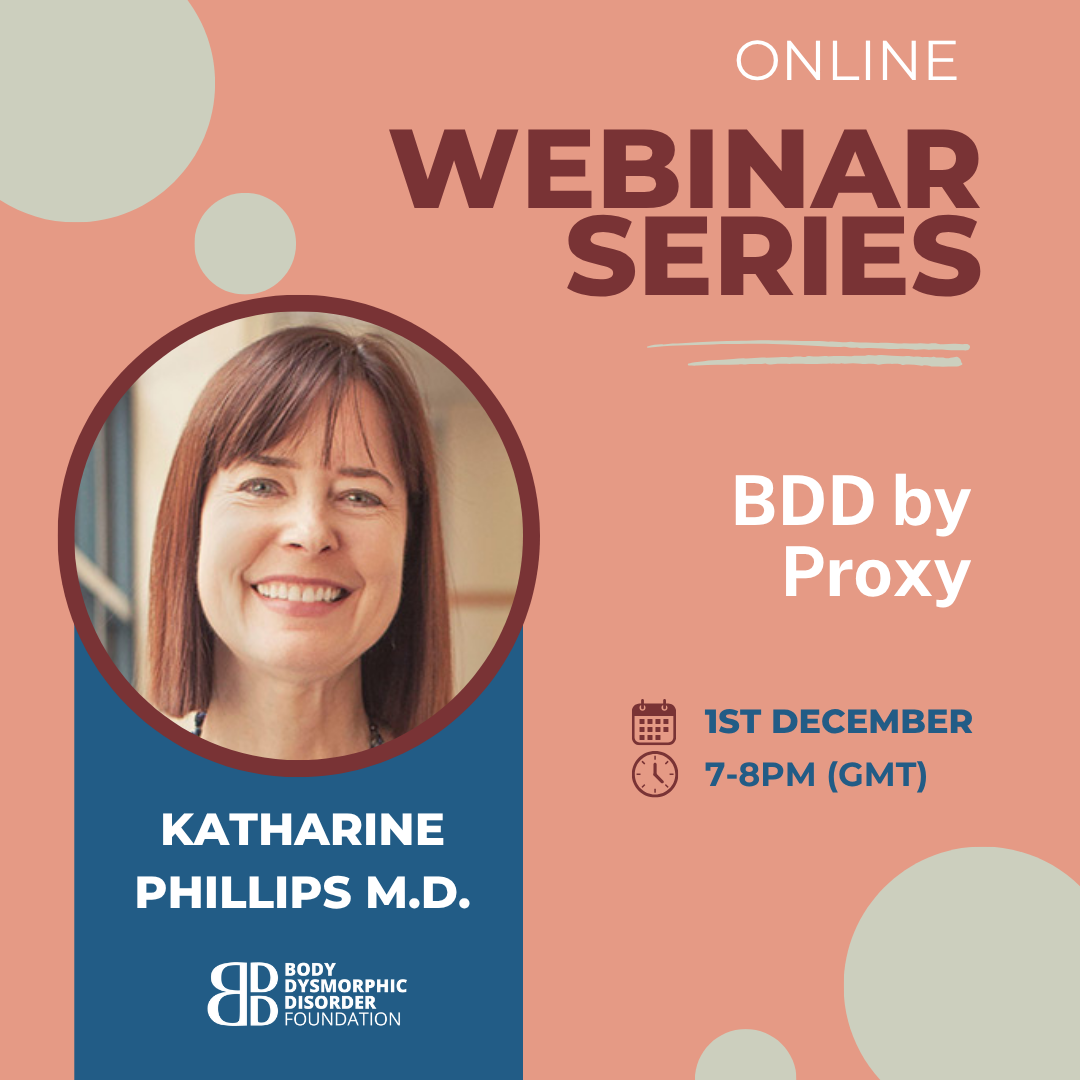Support our 2026 BDD Conference and Double your Donation
Double your Donation
We’re delighted to share that we are once again taking part in The Big Give Christmas Challenge – and this year, your support will help us towards delivering our 2026 BDD Conference.
From 2–9 December, every donation made to our campaign will be doubled, up to £4,500.
That means your contribution will have twice the impact, helping us create a meaningful, inspiring, and accessible conference for our community.
Why Our Conferences Matter
BDD is a severe and often misunderstood mental health condition. Many people affected feel isolated, alone, ashamed, and struggle to access appropriate support. Our conferences play a vital role in breaking this cycle of isolation.
They offer:
- A rare, safe space for connection and understanding
- Evidence-based insights into treatment and recovery
- Opportunities for families, professionals, and those with lived experience to learn together
- A platform to reduce stigma and raise awareness of BDD
Feedback from our 2023 Conference
“What stood out to me was feeling the power and strength of people with lived experience of BDD coming together in one room.”
“The conference gave me hope and inspiration to carry on supporting my daughter positively. It really helped me to feel that I am not alone.”
“The knowledge that others have overcome and/or are able to manage their BDD is inspiring. It’s also very reassuring to know there is ongoing research into BDD, and the condition is being more widely recognised.”
Our Vision for 2026
With your help, we will deliver an in-person BDD Conference in 2026 with a focus on supporting those with lived experience. This includes:
- Creating a safe, inclusive space for people affected by BDD
- Delivering interactive workshops and support groups focused on practical recovery tools
- Reducing isolation and stigma through shared experience and community building
- Increasing understanding of BDD and its treatments
- Supporting long-term recovery by equipping individuals with strategies rooted in real-life experience
Our community has told us that this conference is essential. And because running these events costs more than we can ever recoup through ticket sales, this funding ensures we can continue offering low-cost tickets to those who need them most.
One attendee captured the impact beautifully:
“I have been to dozens of medical conferences. This was, without doubt, the most fascinating and best organised I have ever been to. The quality of the lectures and the lecture hall and acoustics was amazing.”
Each year, we’re moved by the generosity and spirit of our community, and we hope you’ll stand with us once again.
If you can give, we are incredibly grateful.
If you can’t, simply sharing the campaign link makes a real difference.
Thank you for helping us build hope, connection, and understanding within the BDD community.

